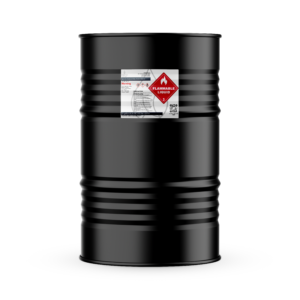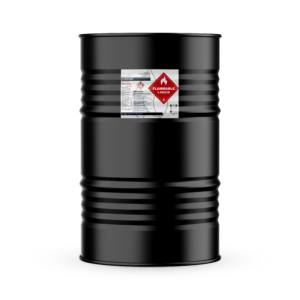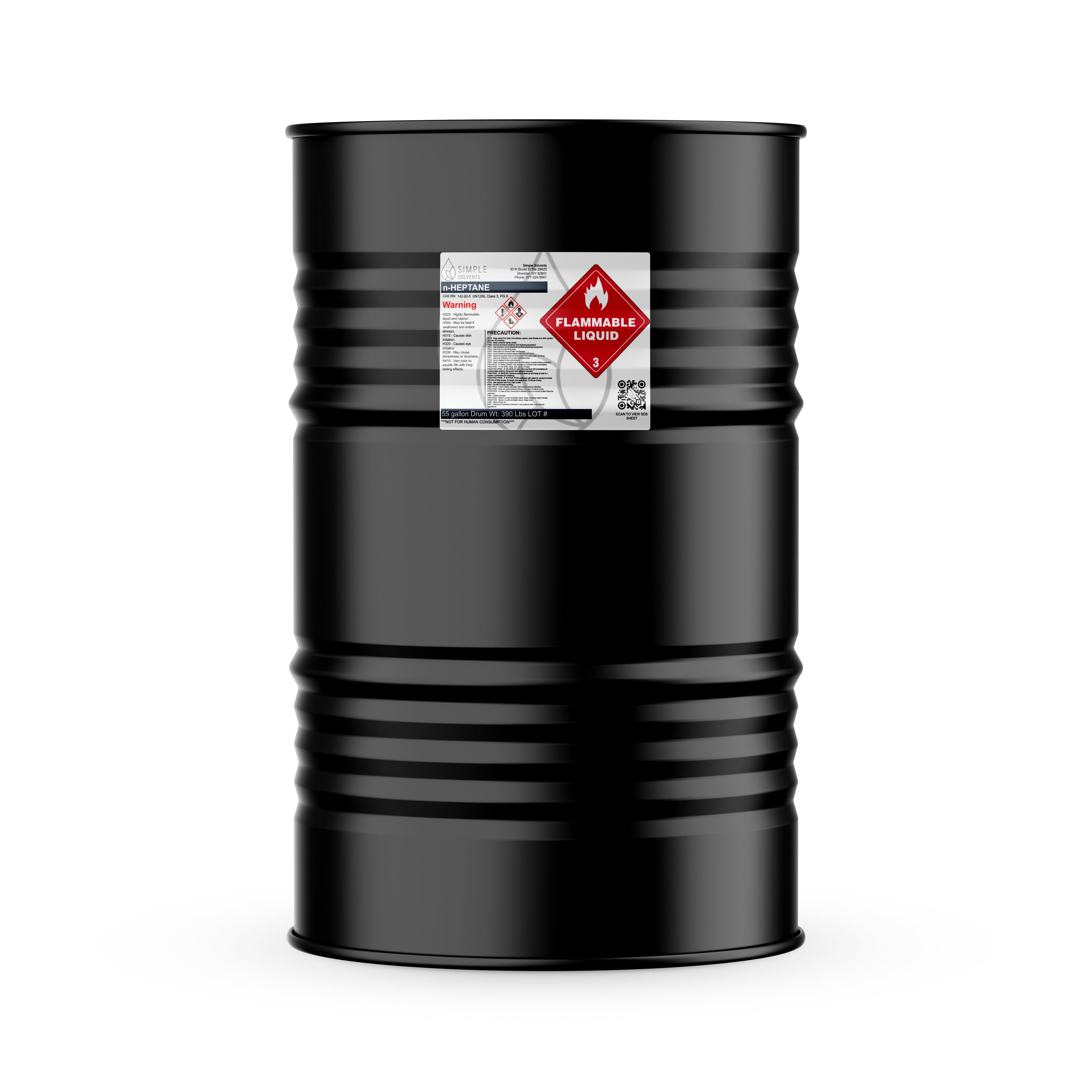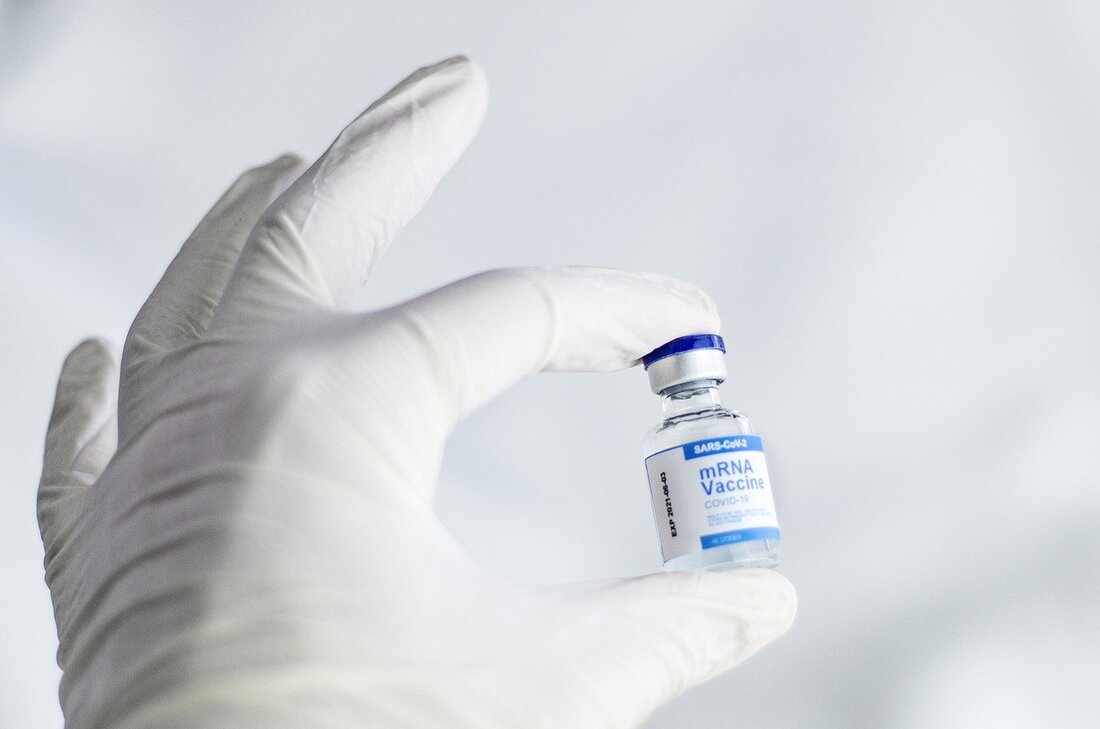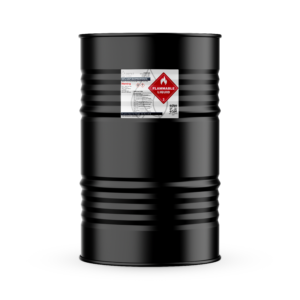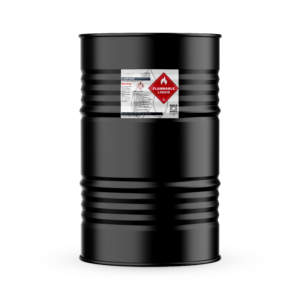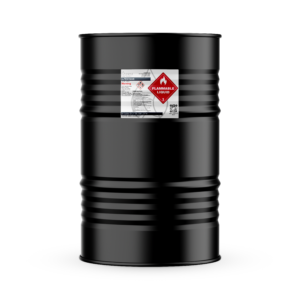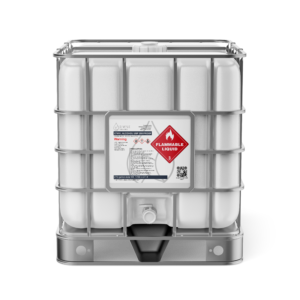n-Heptane is a solvent with a high boiling point and a low flash point. Normal Heptane is a highly volatile solvent that evaporates quickly and easily at room temperature. Thus, the evaporation rate makes it an ideal choice for cleaning where residue needs removed with ease. Normal heptane does not contain any heptane isomers making it the most stable and consistent option.
But what sets normal heptane apart includes its high boiling point. As a result, applications needing a higher temperature than other solvents are perfect for normal heptane. For example, it is commonly used in the auto industry for fuel testing, calibration, and manufacturing rubber and plastic products.
Further, n-heptane acts as a valuable denaturant in completely denatured alcohol. Learn more about CDA 12A denatured with normal heptane.
Due to its highly volatile nature, handle it with care and use it in well-ventilated area. Consequently, proper safety precautions should always be taken when using any solvent.
Laboratory Research
Primarily, Scientists use normal heptane in research for various purposes, such as chromatography, spectroscopy, and as a reference substance.
Cleaning Agent
99% normal heptane degreases and cleans machines, electronics, and parts. Normal heptane removes oil, grease, wax without leaving any residue. It also cleans brakes and other auto parts.
Paint and Coatings Industry
Additionally, coatings, paints, and varnishes utilize n heptane. As a result, normal heptane dissolves various resins and pigments to provide a smooth and glossy finish.
Chemical Synthesis
Further, various chemicals, including pharmaceuticals, agrochemicals, and polymers, use n heptane as a reaction medium in their production.
Automotive Industry
Also, engine testing and performance analysis use n-heptane as fuel.
Adhesives and Sealants
In addition, formulating adhesives and sealants benefit from using 99% n-heptane as an excellent solvent. As a result, it can dissolve various polymers and resins, providing good bonding and sealing properties.
Textile Industry
In fact, the textile industry uses n heptane as a scouring agent to remove impurities and as a solvent for dyeing and printing.
Pharmaceuticals
Lastly, the production of pharmaceuticals uses n-heptane as a solvent and as a reference standard in pharmacopeia testing.
Experience cost-effective solutions for your industrial requirements with our Wholesale n-Heptane. As a leading supplier, Simple Solvents offers bulk quantities of this high-purity solvent, ensuring consistent quality for large-scale operations. Ideal for industries such as manufacturing, laboratories, and more, our Wholesale n-Pentane is the choice for those seeking reliability and affordability.
n-Pentane has no regulations to purchase outside of compliance with DOT shipping & complying with your local fire marshal and your commercial insurance policies.
Disclaimer: When purchasing Class 3 hazardous materials, exercise caution due to the presence of flammable vapors. Always ground containers and packaging before use. Ensure proper ventilation to mitigate risks.
Note that some solvents are more volatile than others, so wear appropriate personal protective equipment (PPE). Consult with your fire marshal and commercial insurance provider for safety guidance & usage and storage limit approvals.
These products should be used as intended and in no other unapproved ways. In case of emergency, follow instructions listed on the Safety Data Sheet provided with your order.
All shipping is compliant with DOT regulations for hazardous materials. Quantities over 50 gallons must deliver to a commercial address.
Purchasers must be 21 years of age or older. All orders require signature upon delivery.
n-Heptane Education & Blogs
Heptane Vs. N-Heptane: How Are They Different?
-
By
Brandon Bahr
N-Heptane vs N-Pentane
-
By
Brandon Bahr
Benefits of Heptane vs. Hexane vs. Pentane
-
By
Brandon Bahr
The Power of n-Heptane for Vaccines
-
By
Brandon Bahr

